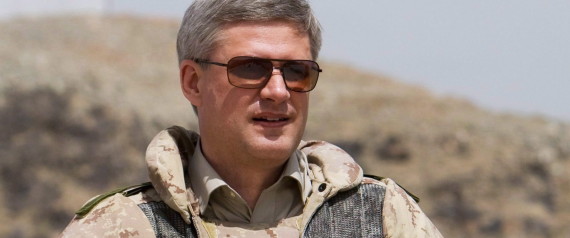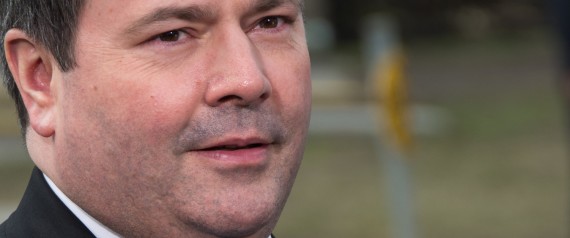On the day after a madman stormed Centre Block, there was defiance and appreciation. “We are here, in our seats, in our chamber, in the very heart of our democracy,” Stephen Harper said in the House of Commons on Oct. 23, “and our work goes on.”
Three months later, one of the government’s parliamentary secretaries was sent out to shoo away suggestions that the occupants of those hallowed seats—”In all its diversity of peoples and opinions, this House personifies the spirit of Canada,” the Prime Minister said in October—should have greater insight into the operations of our national security apparatus. “We are not interested in creating needless red tape,” Roxanne James explained.
Three months later, one of the government’s parliamentary secretaries was sent out to shoo away suggestions that the occupants of those hallowed seats—”In all its diversity of peoples and opinions, this House personifies the spirit of Canada,” the Prime Minister said in October—should have greater insight into the operations of our national security apparatus. “We are not interested in creating needless red tape,” Roxanne James explained.













